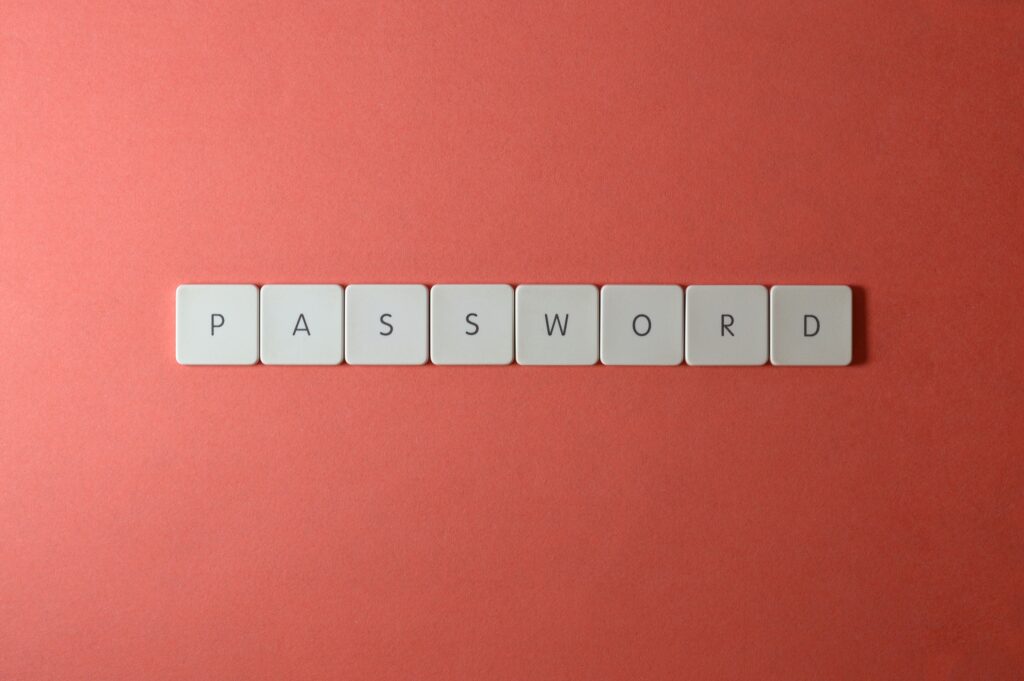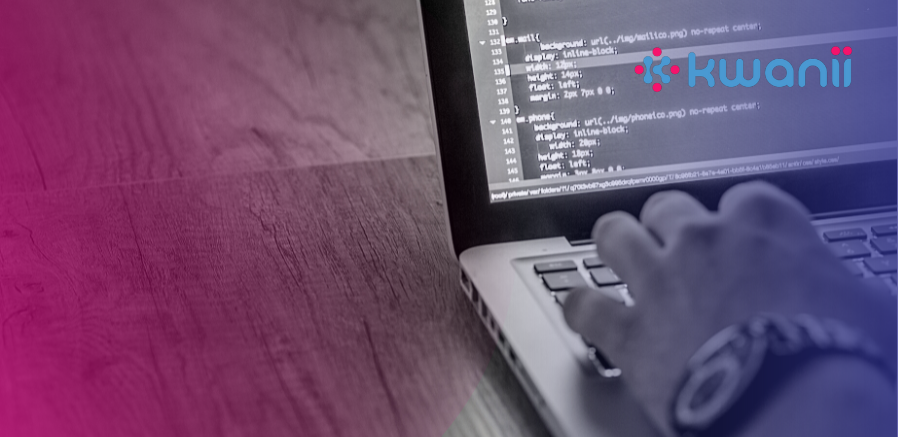Did you know that 97% of all businesses in Australia fall under the category of small and medium-sized enterprises (SMEs), with over 2.3 million in total? That’s a huge number of businesses at risk of cyberattacks.
Unfortunately, many SMEs in the country are not aware of the potential cybersecurity threats they face, making them vulnerable to attacks such as phishing scams and data breaches.
But don’t worry, there are steps you can take to protect your business. In this blog, we will help you stay informed about common cybersecurity risks and provide you with proactive measures to safeguard your SME from potentially devastating cyberattacks.

Phishing scams
Phishing is one of Australia’s most common cyberattacks on small and medium-sized enterprises (SMEs). Cybercriminals use this method to deceive employees into giving out sensitive information by sending fake emails or messages disguised as banks, government agencies, or even company executives. This can lead to malware infecting the company network or stealing sensitive information.
Fortunately, as SME owner, you can take proactive measures to protect your business, such as using spam filters, training employees to recognize phishing emails, and implementing two-factor authentication. By prioritizing cybersecurity, you can safeguard your business from potential cyber threats.

Malware attack
As a business owner, you can’t afford to overlook the dangers of malware. Malware is malicious software designed to harm your computer, steal your data, or infect your network. One of the most dangerous types of malwares is ransomware, which can lock your data and demand payment before releasing it. These attacks often happen because of inadequate security measures or outdated software, which can have devastating consequences for businesses that rely on their data.
Thankfully, there are steps you can take to protect yourself. Use reputable anti-malware software, keep your systems and software up-to-date, and enforce strict download policies. Additionally, limit the use of external devices like flash drives and hard drives to reduce the risk of harmful viruses and Trojans infiltrating your network. By taking these proactive measures, you can safeguard your data and business from the damaging effects of malware attacks.
Weak passwords
In today’s digital age, weak passwords remain a significant cybersecurity risk for businesses of all sizes. Unfortunately, weak passwords are easy for cybercriminals to figure out, granting them access to your private information.
To protect your business from cybercriminals, you can improve your password security by implementing strong policies that encourage employees to create unique and complex passwords. Using password managers can also help ensure that passwords are secure and not easily guessable.
Additionally, regularly changing passwords is crucial for maintaining strong password security. Two-factor authentication (2FA) is also a valuable tool in protecting against data breaches and identity theft, serving as a last line of defense. By taking these proactive steps, SMEs can significantly reduce the risk of password-related cyber-attacks.

Internal threats
Insider threats are significant cybersecurity risks that can cause severe harm to businesses of all sizes. These threats occur when employees intentionally or unintentionally misuse their access to sensitive data or systems, leading to disruption, lost resources, and even theft of important information.
To prevent insider threats to your business, you can take proactive measures such as implementing strict access controls and conducting thorough background checks on new hires. It’s also crucial to monitor employee behavior and stay informed of any suspicious activity by monitoring business accounts.

Data breaches
Data breaches can be a nightmare for SMEs, causing financial losses and damaging reputations. Unfortunately, data breaches can happen due to human errors or cyberattacks, causing the loss or theft of sensitive customer data, intellectual property, or other valuable information.
To reduce the risk of data breaches in your business, you should take proactive steps to enhance your cybersecurity defenses. Some effective measures include encrypting sensitive data, backing up data regularly, and conducting regular security checks.
By encrypting data, you can ensure that confidential information stays safe, even if it falls into the wrong hands. Also, you can still retrieve vital information during a breach or other disasters by backing up data regularly. Regular security audits can also help you identify and fix security flaws before cybercriminals can exploit them.
Data breaches can be a nightmare for SMEs, causing financial losses and damaging reputations. Unfortunately, data breaches can happen due to human errors or cyberattacks, causing the loss or theft of sensitive customer data, intellectual property, or other valuable information.
To reduce the risk of data breaches in your business, you should take proactive steps to enhance your cybersecurity defenses. Some effective measures include encrypting sensitive data, backing up data regularly, and conducting regular security checks.
By encrypting data, you can ensure that confidential information stays safe, even if it falls into the wrong hands. Also, you can still retrieve vital information during a breach or other disasters by backing up data regularly. Regular security audits can also help you identify and fix security flaws before cybercriminals can exploit them.



